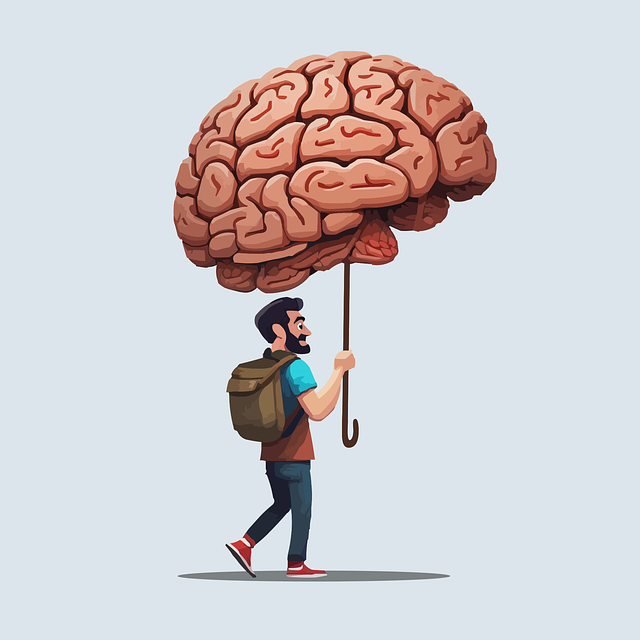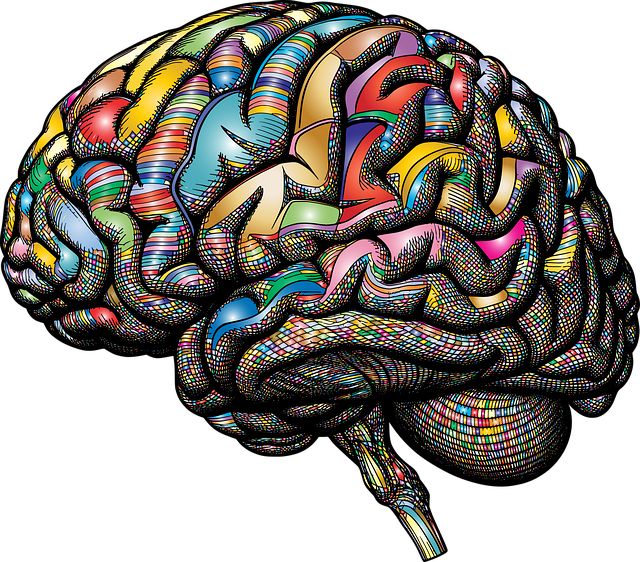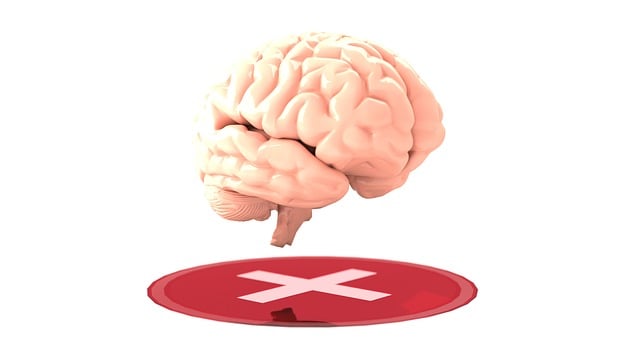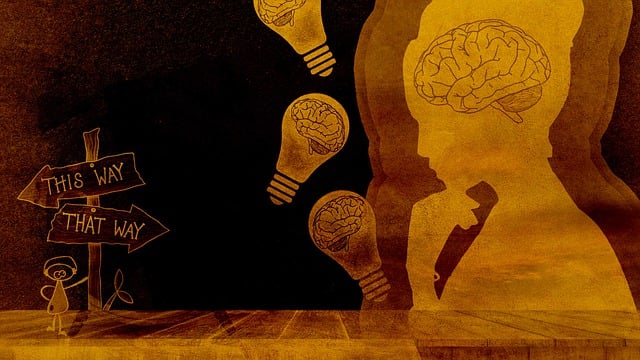Depression significantly impacts young adults, manifesting through persistent sadness, changes in appetite, sleep disturbances, and thoughts of suicide. Early identification is crucial as many struggle to recognize or communicate their symptoms. Mental wellness coaching offers support systems and skills training tailored to young adults' needs, fostering resilience and enhancing coping abilities. Effective strategies include Cognitive Behavioral Therapy (CBT), compassion cultivation, and confidence-boosting exercises, combining with cultural sensitivity and mindfulness techniques for optimal depression management. Building resilience through therapeutic interventions equips young adults with practical tools to navigate life's challenges, empowering them to view failures as growth opportunities and cultivating a positive mindset.
“Depression among young adults is a growing concern, with significant symptoms and impacts on their lives. This article explores effective coping skills development, focusing on understanding depression’s reach in this demographic and the pivotal role therapy plays. We delve into specific strategies to overcome depression, emphasizing the importance of building resilience for long-term adult wellbeing. By examining these aspects, we aim to provide insights into the best therapies and tools to support young adults struggling with mental health challenges, particularly those related to depression.”
- Understanding Depression in Young Adults: Symptoms and Impact
- The Role of Therapy in Coping Skills Development
- Effective Coping Strategies for Overcoming Depression
- Building Resilience: Long-term Coping Skills for Adult Wellbeing
Understanding Depression in Young Adults: Symptoms and Impact

Depression is a significant mental health challenge that often presents in young adults, with symptoms varying from persistent feelings of sadness and loss of interest to changes in appetite, sleep disturbances, fatigue, difficulty concentrating, and even recurrent thoughts of death or suicide. This condition can significantly impact their ability to function in daily life, affecting academic performance, relationships, and overall quality of life. The experience of depression in young adults is not merely a phase; it’s a serious issue that demands attention and effective coping strategies.
Early identification is crucial for managing depression in this demographic. Many young adults may struggle to recognize or communicate their symptoms, making them more likely to seek help from peers or community outreach programs rather than professional therapists. Implementing mental wellness coaching programs can be transformative, offering support systems and skills training tailored to their needs. Such initiatives can foster resilience, enhance coping abilities, and guide young adults towards a path of improved mental health and well-being.
The Role of Therapy in Coping Skills Development

Therapy plays a pivotal role in coping skills development for young adults grappling with depression. Through structured conversations with trained professionals, individuals learn to identify and challenge negative thought patterns and behaviors that contribute to their distress. Many therapeutic approaches, such as cognitive behavioral therapy (CBT), focus on teaching practical strategies for stress management, empowering young adults to navigate life’s challenges more effectively.
In addition to stress management techniques, compassion cultivation practices and confidence boosting exercises often become integral parts of the therapeutic process. These tools help individuals cultivate self-compassion, fostering a sense of kindness and understanding towards themselves in times of struggle. By combining these approaches, therapy empowers young adults to build resilient coping mechanisms that promote emotional well-being and enhance their overall quality of life.
Effective Coping Strategies for Overcoming Depression

Depression can be a daunting challenge for young adults, but developing effective coping strategies is a powerful tool to overcome it. One of the most effective approaches is therapy, tailored specifically for this age group. Cognitive-behavioral therapy (CBT) has proven successful in treating depression by helping individuals identify and change negative thought patterns and behaviors. This form of therapy encourages young adults to challenge their depressive beliefs and replace them with more realistic, positive thoughts, fostering a sense of resilience.
Building resilience is crucial for managing depression. Encouraging activities that promote self-care, such as regular exercise, adequate sleep, and engaging in hobbies or social interactions, can significantly enhance coping abilities. Cultural sensitivity in mental healthcare practice also plays a vital role, ensuring that young adults from diverse backgrounds receive tailored support that respects their unique cultural perspectives and beliefs. Additionally, cultivating positive thinking through practices like mindfulness meditation has been shown to reduce depressive symptoms by teaching individuals to focus on the present moment and appreciate life’s positives.
Building Resilience: Long-term Coping Skills for Adult Wellbeing

Building resilience is a crucial aspect of long-term coping skills for adult wellbeing. It involves cultivating mental and emotional fortitude to navigate life’s challenges and setbacks. Through various therapeutic interventions, young adults can learn effective strategies to enhance their coping abilities. Therapy for young adults with depression often emphasizes building resilience by teaching them to view failures as opportunities for growth, fostering a positive mindset, and developing adaptive problem-solving skills.
Cultural sensitivity in mental healthcare practice plays a significant role in this process. Understanding and incorporating cultural perspectives into therapy ensures that coping strategies are tailored to individual needs and backgrounds. Community outreach program implementation can also amplify these efforts by providing accessible resources and support systems. Additionally, organizing stress management workshops helps young adults develop practical tools for managing stress, improving their overall mental health and resilience.
Coping skills development is a vital component of navigating and overcoming young adult depression. By understanding the symptoms, impact, and unique challenges this demographic faces, we can emphasize the importance of early intervention through effective therapy. This article has explored various therapeutic approaches, coping strategies, and building resilience as powerful tools to enhance long-term mental wellbeing for young adults dealing with depression. For those seeking help, remember that reaching out for therapy for young adults depression is a proactive step towards a brighter future, offering valuable skills to manage and prevent future episodes.














